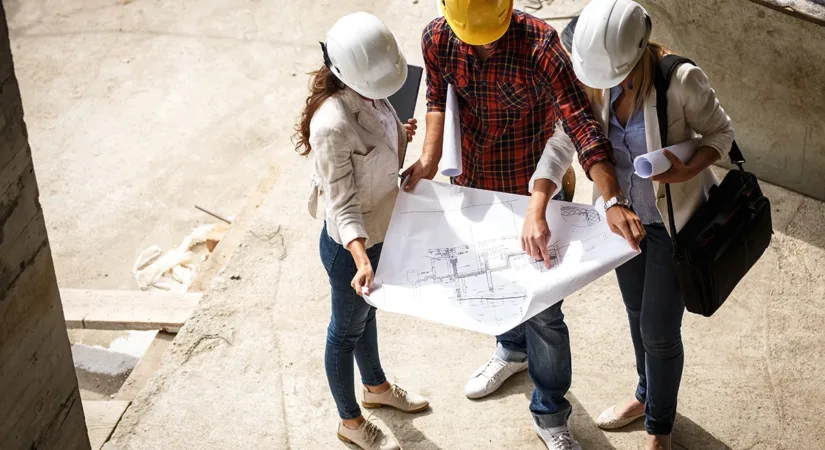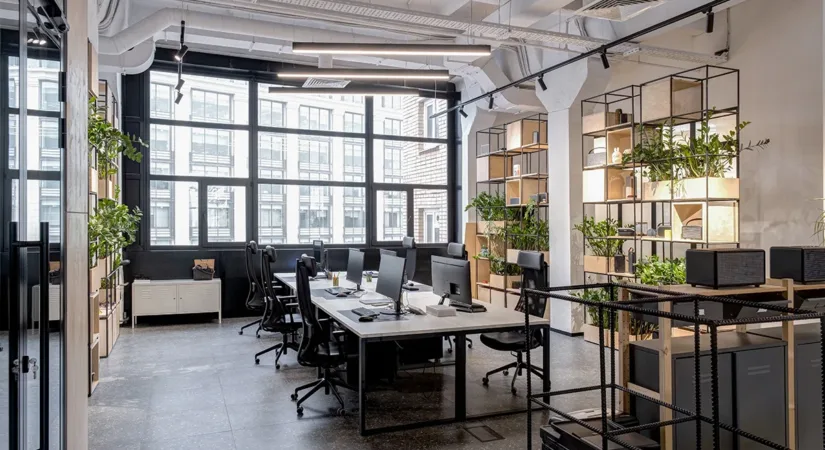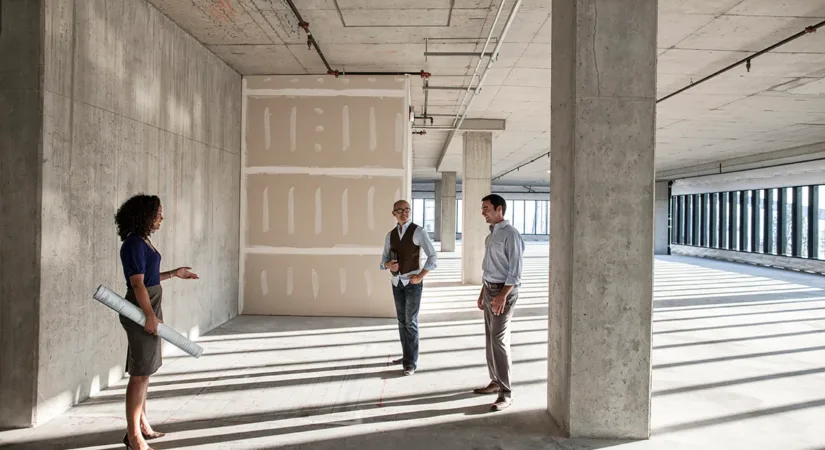In the commercial construction industry, general contractors constantly navigate a variety of complex challenges. From budget allocation to project delays, each phase of a commercial construction project can present a unique set of obstacles. Understanding and effectively addressing these challenges is key to successfully completing a project. This blog explores common challenges in commercial construction and offers practical solutions to overcome them.
Avoiding Budget Overruns in Commercial Construction
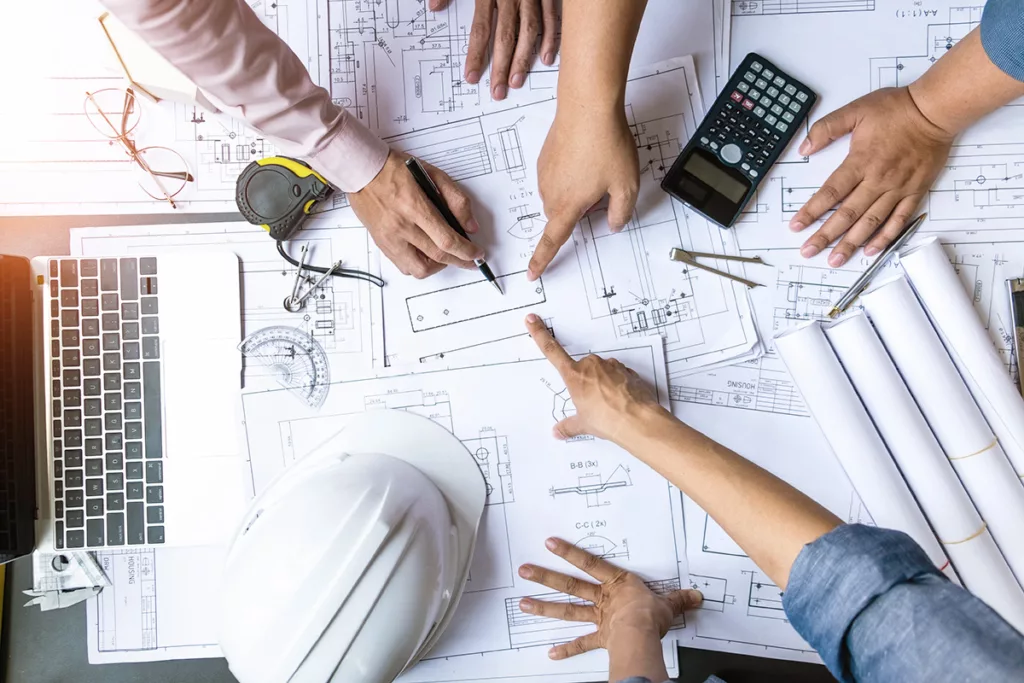
Even with careful budgeting, overruns are an issue that can complicate any construction project. They mainly arise due to unforeseen site conditions, changes in project scope, and fluctuations in material costs.
Here are some strategies an experienced general contractor will employ to combat the risk of budget runs during a commercial construction project.
Pre-Construction Planning in Commercial Construction
Before initiating any project, pre-construction planning is essential and should include a comprehensive risk assessment. This involves evaluating potential site problems, assessing market risks for materials, and anticipating any possible changes in scope. A detailed cost analysis and timeline estimations should also be established to set realistic expectations before the project begins.
Establish a Contingency Fund
A contingency fund acts as a financial buffer for unexpected expenses that may arise throughout a project’s execution phase. Typically, setting aside 5-10% of the project’s total budget as a backup funding pool can help manage unforeseen costs.
Transparent Communication
Transparent communication is one of the primary factors that keeps a commercial build running smoothly. A good general contractor will establish a thorough line of communication between the entire project team and the client to keep everyone up to date on budget allocation and potential concerns.
Circumventing Project Delays in Commercial Construction
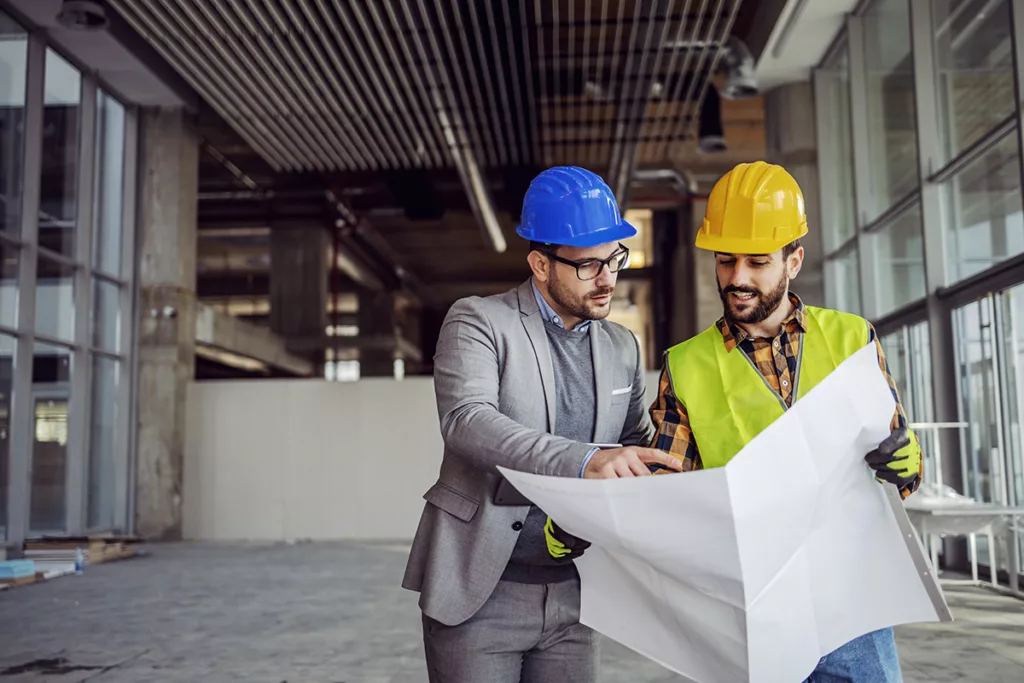
Project delays can arise due to issues such as design changes, weather conditions, material delays, labor shortages, and more. While some holdups may be unavoidable, a seasoned commercial builder will know how to reduce delays in construction projects by leveraging their knowledge and expertise.
Develop Realistic Project Timelines
Creating a thorough and realistic timeline during the early planning stage of a project is essential for deterring or predicting potential delays. This includes incorporating buffer periods to accommodate unforeseen circumstances like poor weather. A realistic timeline should be based on historical data, expert opinions, and a thorough understanding of the project’s overall scope.
Create Backup Plans
Project delays are common even for the most well-planned and managed projects. Unforeseen circumstances such as weather and material shortages are out of a general contractor’s control. However, planning around the possibility of future risks can help reduce the impact of these types of delays. Putting a backup plan in place, such as identifying alternate suppliers, can help keep the project on track in the event of unexpected disruptions.
Ensuring Quality Control in Commercial Construction
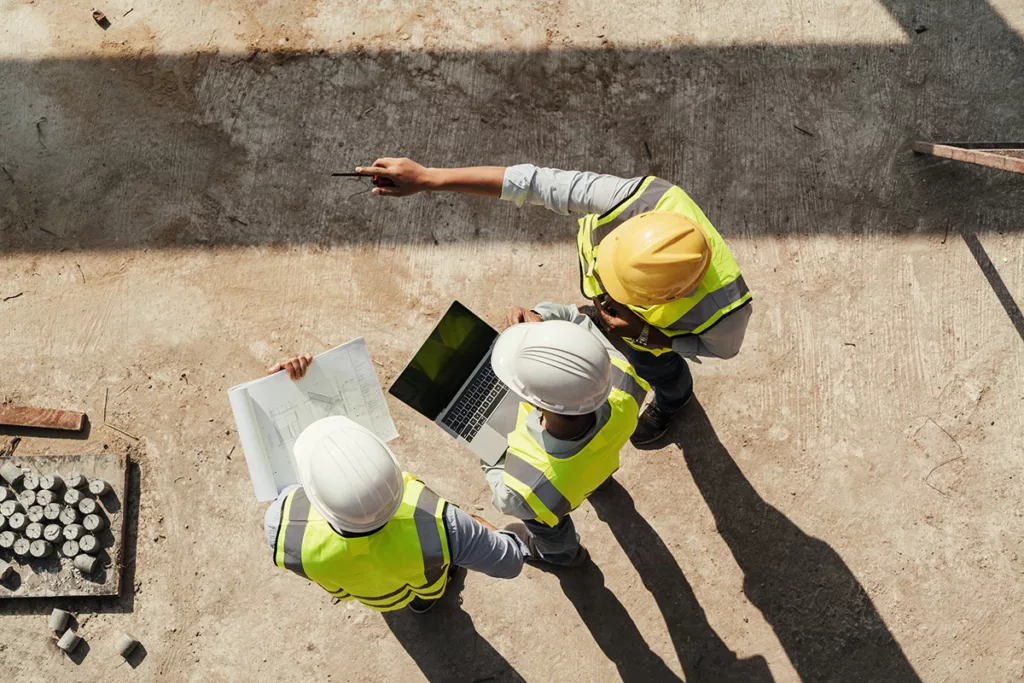
Maintaining high-quality standards is a must in commercial construction, but inconsistent workmanship or deviations from established specifications can compromise the quality of a project. Here are some strategies general contractors employ for upholding quality standards during a commercial construction project.
Regular Onsite Inspections
Conducting consistent and thorough quality inspections at various stages of the construction process is key. These inspections should monitor adherence to project specifications, material quality, and work craftsmanship to make sure the execution and result of a project meet expectations.
Hire Experienced Contractors and Workers
The expertise of the workforce involved in a project will directly impact the quality of its construction. General contractors will need to hire skilled subcontractors and workers who possess a proven track record of meeting and exceeding quality standards.
Overcoming Supply Chain Disruption During Commerical Construction
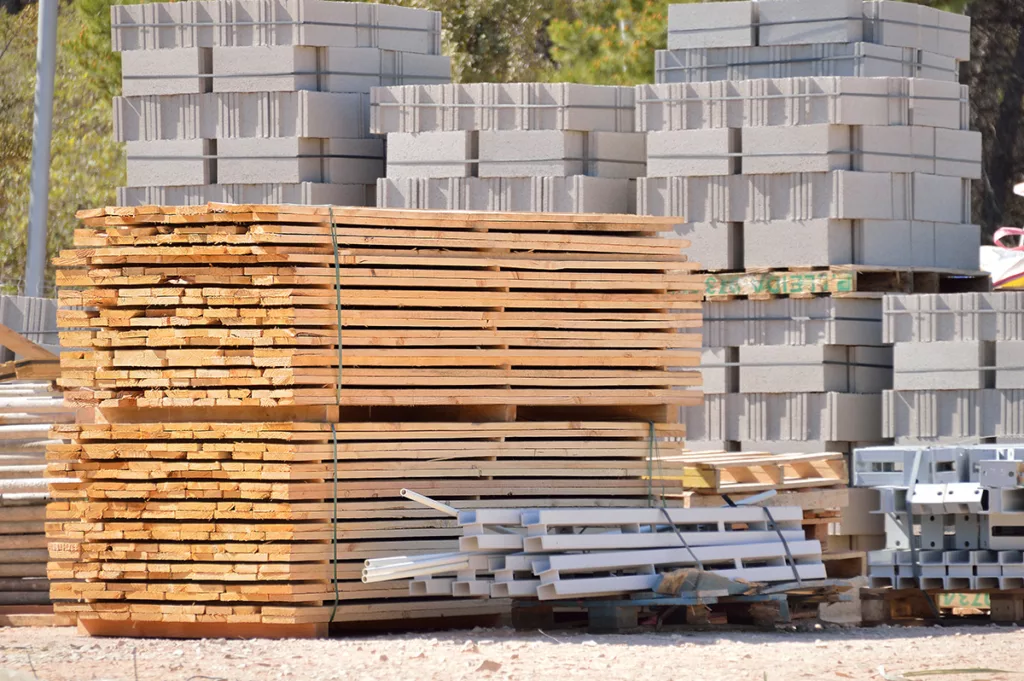
Supply chain issues are often caused by global events, material shortages, transportation delays, or supplier problems. While many of these disruptions are out of a general contractor’s control, steps can be taken to overcome these challenges and keep the project running smoothly.
Diversify Suppliers and Materials
Relying on a single supplier or material for a commercial construction project can be like putting all eggs into one basket. Diversifying a project’s supply base can help mitigate this risk by posing alternate solutions in case something goes wrong with the supply chain. This could involve sourcing materials from multiple suppliers, considering alternative materials, and having reliable backup plans.
Consider Sourcing Materials Locally
Exploring local options for material sourcing reduces the need for long-distance transportation and can lower the risk of delays. It can also provide quicker turnaround times for replenishing needed materials.
How to Avoid Miscommunications in Commercial Construction

A smooth commercial construction process hinges on clear communication. When expectations are misaligned, projects can quickly veer off course, potentially leading to costly mistakes. General contractors consider the following strategies to avoid miscommunication and ensure a successful build.
Regular Updates with Clients
During a commercial construction project, it’s vital to establish clear communication channels with the client and provide them with regular updates to ensure that everyone is on the same page. A general contractor should always keep clients informed about a project’s progress to maintain transparency and trust.
Whether through formal reports or informal meetings, regular updates allow clients to see the progress being made and understand potential challenges that may occur.
Detailed Documentation
Comprehensive documentation of project scope and agreed-upon changes will help a general contractor keep track of a client’s needs and expectations. This documentation should be as thorough as possible and provide a clear reference for both the client and the construction team to avoid any miscommunications or misunderstandings that may affect the project.
Choose an Experienced General Contractor Who Understands Commercial Construction
One of the best ways to avoid common challenges like these is to hire a general contractor who knows the ins and outs of the commercial construction industry. From tenant improvements to remodels and renovations, DRF Builders has years of experience providing Boise with quality commercial construction services.
Contact us online to learn more about what we can offer you or give us a call at (208) 254-2002.


